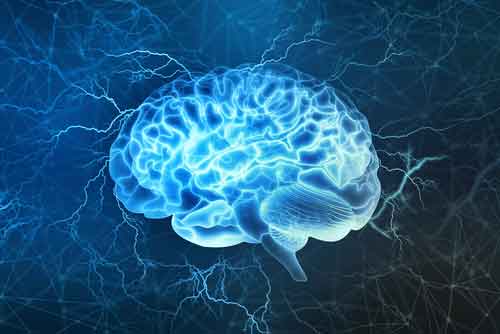Neuroscience Made Easy: Here’s Why Your Brain Makes Quitting Drugs/Alcohol So Hard
There’s little more tempting than a quick and easy solution to our problems. That’s one of the ways addiction begins to take hold of us. Initially, drugs and alcohol ease difficult feelings about intractable problems. But this evolves over time as the drugs used, and the drug-seeking behavior that seeks them out, changes the way the brain works. Addiction becomes not a choice, but a hard-wired reality of brain function. It is these brain changes that make recovering from addiction so hard.
Traditionally, as a community, we have failed to understand the hold the brain has on an individual’s behavior. For most of history, addiction has been seen as a moral failing. Yet, over time, the failure of many social programs and political efforts to eradicate addiction through moral reeducation and religious fervor has galvanized the scientific community and public health officials to explore new ways we can address addiction.
We have learned that addictive behavior can grow out of traumatic experiences. People don’t generally “party” themselves into addiction. We all knew the kid in college who seemed to drink more than go to school, and yet, even with some minor negative consequences, a couple of years out of school, that person often has a career, perhaps a home, and maybe even a spouse and children. It is those who use drugs and alcohol to deal with insoluble issues who are likely to keep using, because nothing in their life provides them the reason, or means, to stop.
How then can we address the brain? A recent study conducted by the Indiana University School of Medicine exemplifies the kind of sustained research the addiction treatment field needs in order to better understand and effectively treat addiction. In the study, researchers monitored the brains of participants as they drank one of two beverages: their favorite beer or a sports drink. A previous study conducted with a similar pool of participants showed a surge of dopamine, a neurotransmitter linked to feelings of well-being and happiness, released into the brain in response to the taste of participants’ favorite beer, whereas the sports drink elicited no such neurotransmitter activity. In other words, the beer had an effect on the drinkers’ brains, while the sports drink did not.
The link between drug use and dopamine alone is a relationship now well supported by mainstream addiction research. The Indiana University study, however, took this finding a step further. Utilizing an advanced brain imaging technique colloquially referred to as an fMRI (functional magnetic resonance imaging) scan, researchers were able to connect the individual’s taste of beer and subsequent release of dopamine with a little-researched part of the brain located deep in the right ventral striatum that scientists associate with behaviors motivated by an anticipated reward. This means that the brain is influenced to continue the behavior because it knows it will receive a reward, the release of dopamine. As the brain rewires itself for this expected reward, it becomes increasingly difficult to stop the behavior.
Our brains make addiction recovery difficult because in changing our addictive behaviors, we are literally fighting against the ways our brains have rewired themselves to allow for the addiction. Our best bet in beating addiction is using the very mechanisms that cause it – working to rewire the brain using our behavior – to allow us to live in healthier ways. This process takes time and effort, but it is worth it.
The Best Call You Will Ever Make
Call Now to Speak Confidentially with an admission counselor.
–
